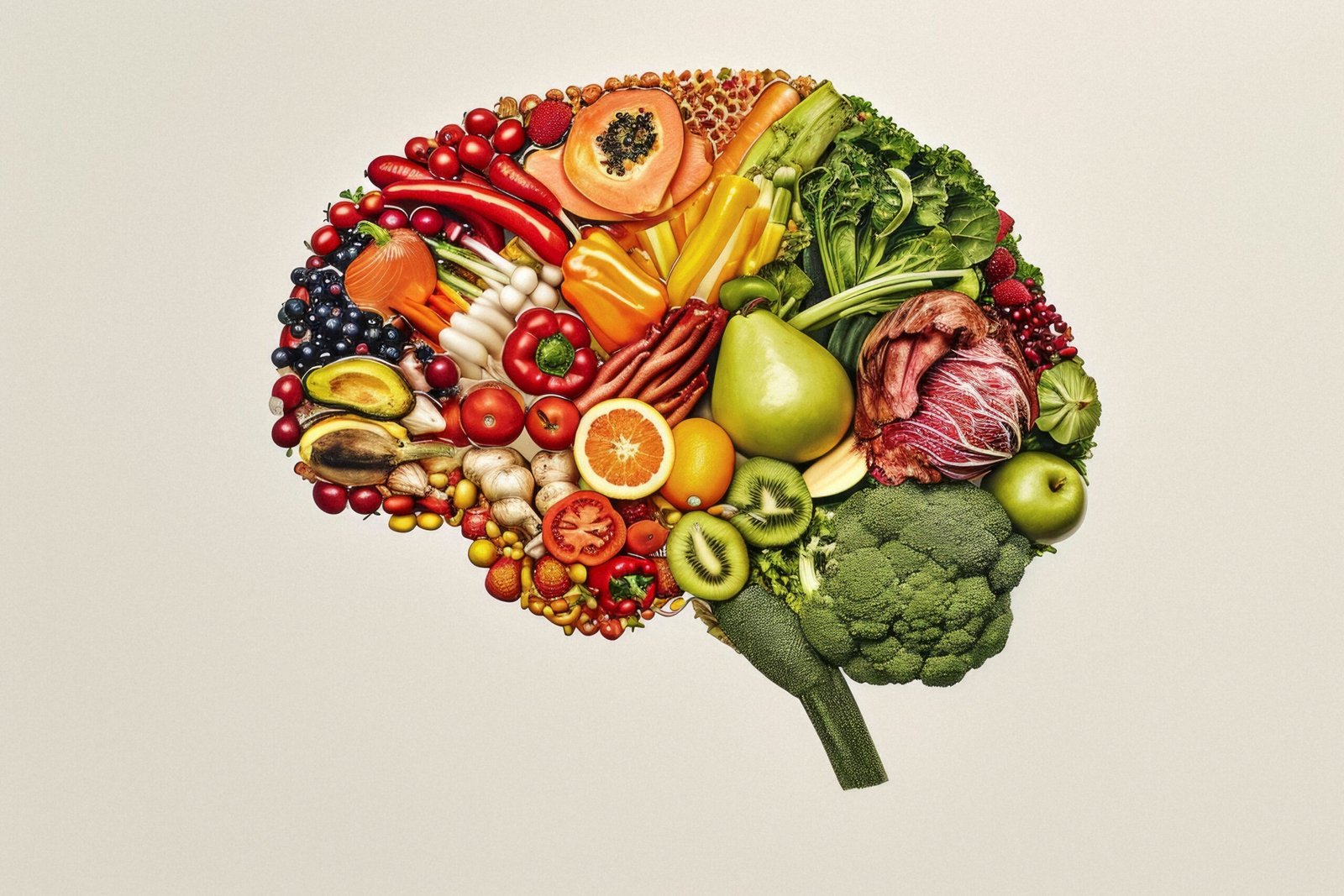Question 4 of the FiiHii parenting survey exposes the quiet crisis at the heart of modern family life: 96% of parents don’t feel like a priority in their own lives. Nearly half feel this way rarely or never. This isn’t about self-care being “nice to have.” It’s about identity loss, chronic health neglect, and generational modelling. When parents stop seeing themselves as worthy of care, so do their children.
Survey Insight: 96% of Parents Don’t Feel Like a Priority — And That’s the Real Health Crisis
It’s the invisible story behind the packed lunches, the tantrums, the Zoom calls, and the bedtime stories.
Parents, particularly mothers are praised for sacrifice, for “pushing through,” for being there for everyone… except themselves.
But when 392 parents were asked:
“How often do you feel like you are a priority in your own life?”
…the answers painted a sobering picture of identity loss and health erosion:
| Response | Count | % of Respondents |
| Rarely or never | 187 | 47.7% |
| Occasionally | 136 | 34.7% |
| Weekly, in small amounts | 54 | 13.8% |
| Daily | 15 | 3.8% |
1. Almost Half of Parents Rarely or Never Prioritise Themselves
Let’s be clear:
47.7% of parents say they don’t feel like a priority in their own lives. At all.
That’s not occasional neglect. That’s full-time self-abandonment.
This means:
- Health appointments get postponed (or never booked)
- Meals are skipped or made from scraps
- Fatigue is dismissed as “just part of it”
- Emotional needs are silenced for the sake of the next task
This level of self-neglect doesn’t just wear down a body, it erodes identity, self-worth, and long-term wellbeing.
Key takeaway: We don’t have a motivation problem. We have a misplaced martyrdom problem.
2. Only 3.8% of Parents Feel Like a Daily Priority
That’s just 15 out of 392 parents who feel like they show up for themselves every day.
Let’s ask the uncomfortable question:
If the parent never refuels, what’s being passed on to the child?
Children model what they see, not what we say. If they grow up watching parents treat themselves as afterthoughts, what will they internalise about their own worth? Their own health? Their own boundaries?
This isn’t individual burnout it’s generational burnout, passed down in patterns and behaviours.
Key takeaway: When you deprioritise yourself, your children don’t just miss out on your energy, they absorb the message that self-care is selfish.
3. Health Starts with Identity, Not Information
This data reveals a critical mindset issue that wellness advice often misses:
Parents know they should “eat better,” “move more,” or “get sleep.” But when they no longer see themselves as worthy of investment, even the best advice doesn’t land.
Here’s the hard truth: If a parent doesn’t feel they matter, they won’t make health changes, no matter how simple.
This is where FiiHii’s mission cuts through the noise. It’s not just about fibre. It’s about foundations:
- Helping parents feel worth their own energy again
- Restoring agency over their body and time
- Making nutrition and wellness feel accessible, not aspirational
And fibre, ironically, is one of the most impactful first steps. It regulates blood sugar, improves mood through the gut-brain axis, and reduces inflammation, often with minimal effort.
Key takeaway: Health interventions must restore self-worth, not just hand out advice.
Final Thoughts: Parents Can’t Pour from an Empty Cup — and They Shouldn’t Have To
This result isn’t a fluke. It’s a cultural red flag.
We’ve glorified parental sacrifice to the point of silent collapse. But self-neglect isn’t noble. It’s harmful. And it’s contagious.
Parents deserve more than survival. They deserve systems, support, and science-backed tools to make them feel human again, not just useful.
5 Key Takeaways
- 96% of parents do not feel like a consistent priority in their own life.
- 47.7% rarely or never feel that way, showing full-time self-abandonment.
- Just 3.8% say they prioritise themselves daily, an unsustainable foundation.
- This disconnect fuels health decline, emotional fatigue, and identity loss.
- Self-care isn’t selfish, it’s the first step in breaking generational burnout.
Want to rebuild your energy, identity, and health from the inside out?
Join the FiiHii newsletter and get practical, low-effort gut health tools, starting with fibre. Because thriving kids start with thriving parents.





